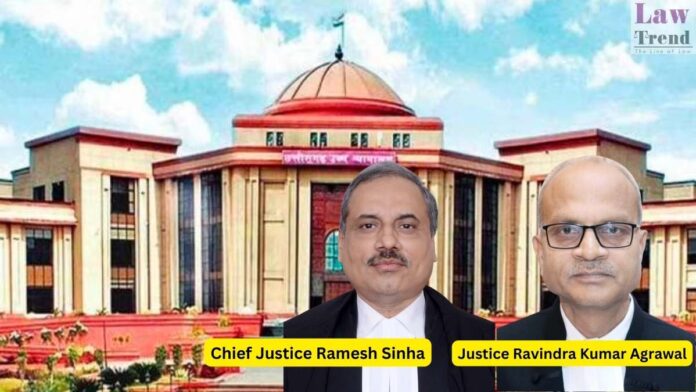The Chhattisgarh High Court has taken suo motu cognizance of the tragic death of a 7-year-old boy, Pushkar Sahu, caused by the banned Chinese manjha, directing the state to answer for its failure to enforce the 2017 ban. The court, in its strong observations, lamented the loss of an innocent life due to administrative lapses,
To Read More Please Subscribe to VIP Membership for Unlimited Access to All the Articles, Download Available Copies of Judgments/Order, Acess to Central/State Bare Acts, Advertisement Free Content, Access to More than 4000 Legal Drafts( Readymade Editable Formats of Suits, Petitions, Writs, Legal Notices, Divorce Petitions, 138 Notices, Bail Applications etc.) in Hindi and English.




